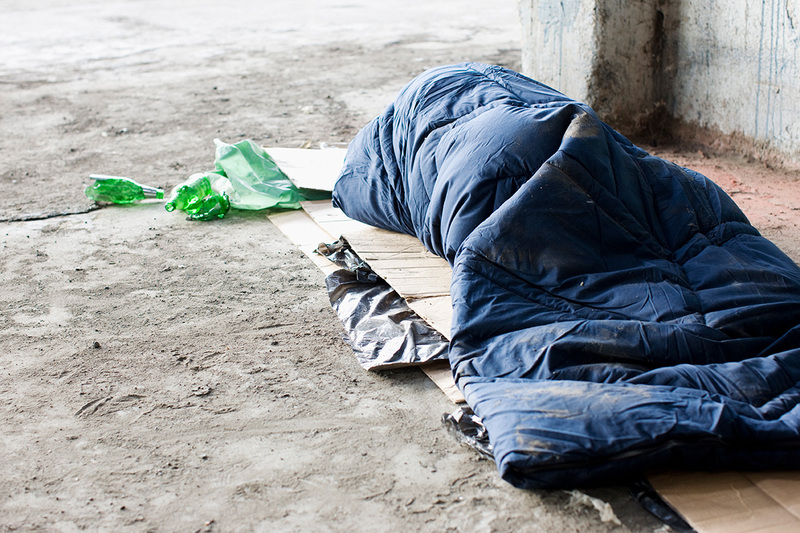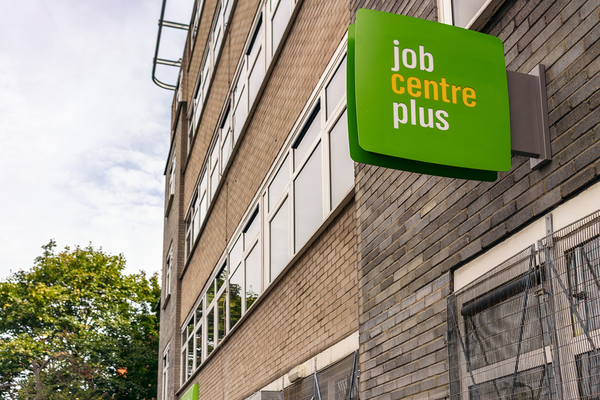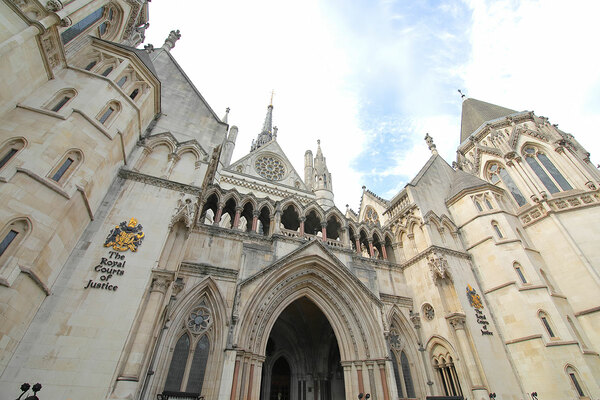You are viewing 1 of your 1 free articles
Benefits system increasing homelessness in London, research finds
The current benefits system is increasing homelessness in London and may make it difficult to move people out of emergency accommodation after the coronavirus pandemic, research by a leading homelessness organisation has found.
A report from Homeless Link, titled Homelessness and welfare benefits in London, found that both the frozen Local Housing Allowance (LHA) and the benefit cap mean people claiming benefits cannot afford the housing that is available in the capital.
The report notes that the number of single people claiming Universal Credit in London increased by 88% between March, when the COVID-19 pandemic first hit the UK, and August last year.
Meanwhile, an analysis found that 24 of the 32 boroughs in London do not have enough shared private rented accommodation to house those claiming the housing element of Universal Credit or housing benefit.
Across those 24 boroughs, only 54% of shared private rented accommodation would be affordable to those claiming benefits for their housing, the analysis found.
At the start of the COVID-19 pandemic, chancellor Rishi Sunak reversed a multiyear freeze on the LHA rate, which determines how much housing benefit private renters receive, to ensure benefits covered the lowest third of rents in a local area.
However, LHA rates were frozen again this financial year in a decision that attracted criticism from both homelessness campaigners and landlords.
The report also found that the benefit cap, which limits the total amount of benefits an individual can receive, means that many people have not benefitted from the increases to Universal Credit and the LHA rate introduced by the chancellor at the start of the coronavirus pandemic.
Roughly 3% of Universal Credit and housing benefit claimants are affected by the benefit cap, according to the report.
A number of recommendations are included as part of the research, including reforming the benefit cap and continuing to link the LHA to the 30th percentile of rents in the private rented sector.
Meanwhile, the report urges local authorities to invest in new affordable housing and move on accommodation in London.
Sophie Boobis, head of policy and research at Homeless Link, said: “During the pandemic, great efforts were made to ensure that people without homes were given emergency accommodation. The achievements of the past year have given us the opportunity to end thousands of people’s homelessness by supporting them into permanent, secure housing.
“But this research finds that elements of the benefits system, combined with a lack of suitable, affordable housing, can force people into homelessness once again. We need to see more support for the homelessness sector, which plays a critical role in helping people to move on from homelessness.”
A Department for Work and Pensions spokesperson said: “Universal Credit has delivered for six million people during the Coronavirus pandemic and is supporting people back into work through our comprehensive Plan for Jobs.
“The benefit cap, up to the equivalent salary of £28,000 in London, offers fairness for taxpayers while providing a strong safety net for those who need it. Many households have already received a nine month exemption from the cap, and many more still won’t be capped because they are exempt or their total benefit income is below the cap level.”












